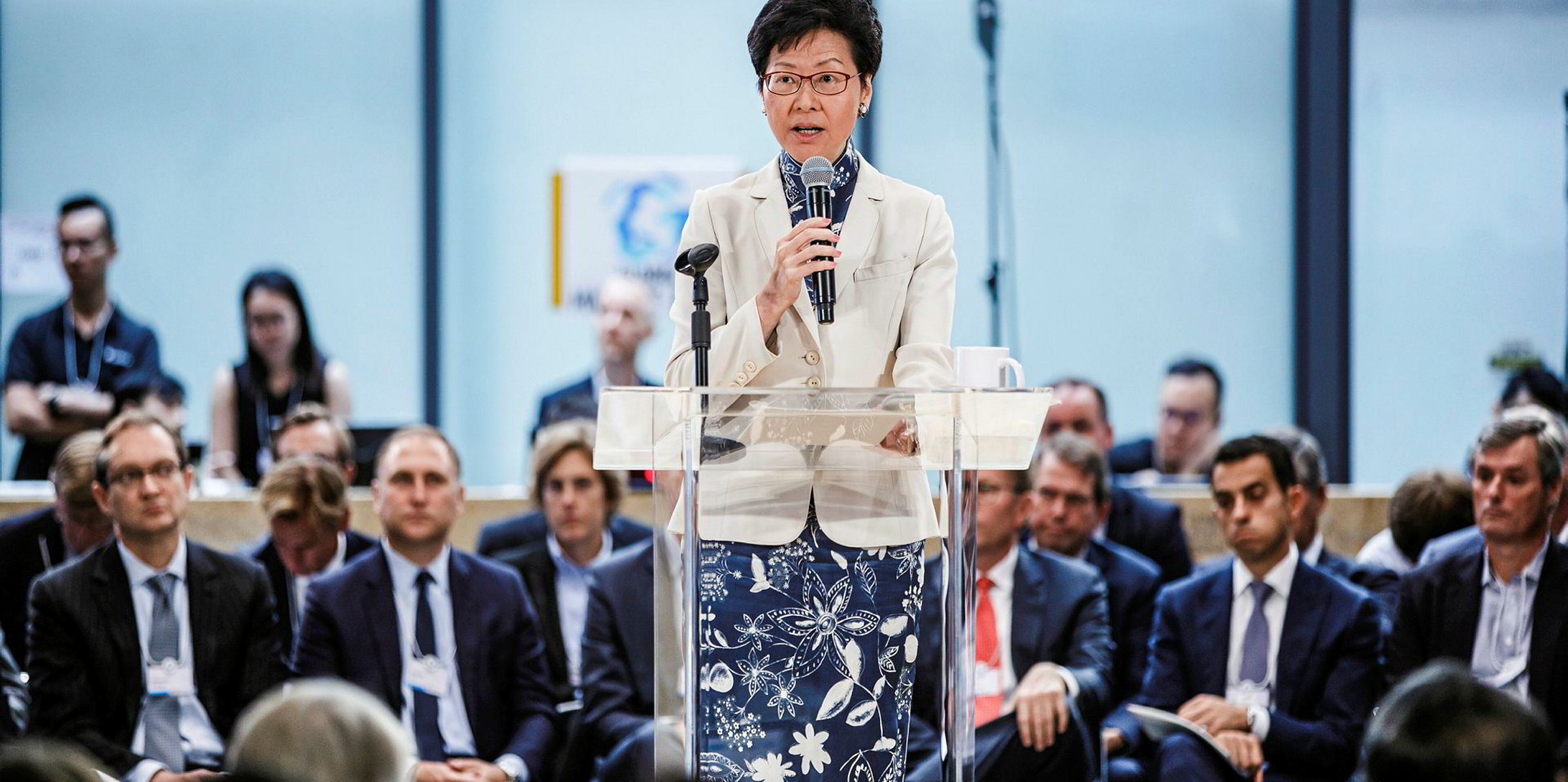WFW's co-managing partner Chris Lowe is moving out to Hong Kong to target growth in Asia at a crucial time for the territory.
Lowe, the global law firm's former head of global shipping, is leaving London, he confirmed.
He said in a statement: "This is a natural move for a firm with WFW’s long-standing, strong presence in Asia, especially given the ever-increasing opportunities the region offers."
Lowe has run the firm with co-managing partner Lothar Wegener since 2014.
"With Lothar remaining based in Europe, it gives our senior leadership even greater global coverage and will help us to further realise our successful strategy of sector-focussed growth," Lowe added.
The experienced lawyer has previously been based in Singapore and Copenhagen for WFW.
He has been with the firm since 1990 and specialises in asset, project and structured finance within the maritime sector.
The company did not address the recent upheaval in Hong Kong caused by a new Chinese security law.
US scraps tax deal
TradeWinds has reported that the US has scrapped a reciprocal tax deal with Hong Kong for shipping as part of president Donald Trump's retaliation over China's imposition of tough new security laws on the territory.
The US State Department said it had notified Hong Kong it has suspended or terminated three bilateral agreements with the city.
In a statement, the US said: "These agreements covered the surrender of fugitive offenders, the transfer of sentenced persons, and reciprocal tax exemptions on income derived from the international operation of ships.”
No further details of how the decision would impact shipping activity in the city were immediately available. But the identification of a sector with significant economic importance in Hong Kong and globally will alarm those in the business.
The territory's extensive shipping and ship finance community appears to have largely avoided any comment on the new security law in recent weeks.
Shipowners have long enjoyed a favourable tax regime in Hong Kong, which has signed reciprocal agreements with over 50 countries to avoid double taxation on shipping income.





